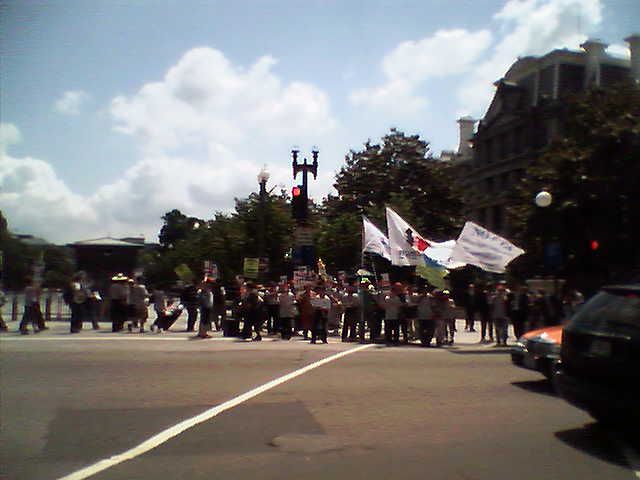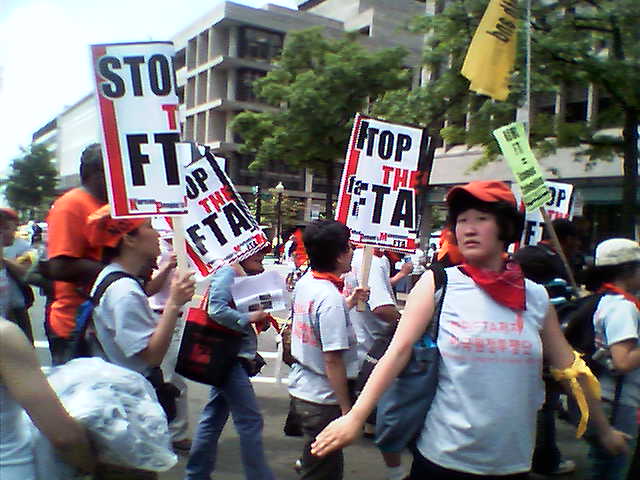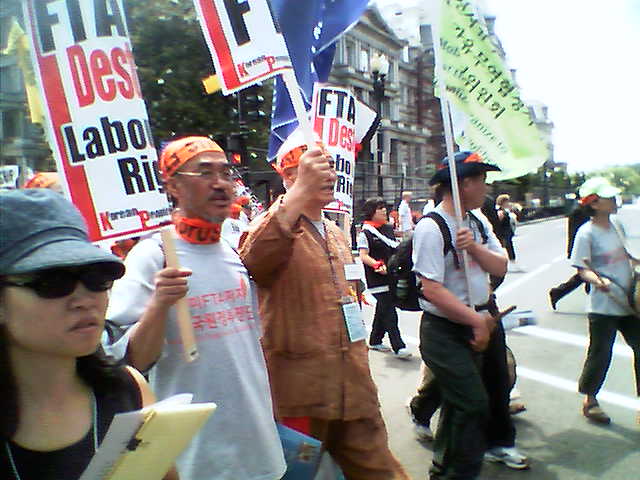We`ve mentioned Burma/Myanmar a few times before on this page, but rarely hear much about this bizarre and secretive nation unless they`ve, say, just extended the house arrest of their democratically elected president. Of course, one reason we hear so little about Burma is because, whatever newsworthy events may be ocurring within the borders, communication and traffic between Burma and the outside world is so restricted that it often doesn`t get out. This is why it`s so nice to see this series of articles written by a BBC reporter who was actually allowed into the country.
The first article can be found at this address, with links to the later parts contained within. Having previously posted about speculation that the sudden relocation of the Myanmar capital was inspired by, of all things. feng-shui, this tidbit from the second article was particularly amusing.
The latest government campaign is an initiative to grow nut trees, not only as a source of bio fuel but also because government fortune-tellers believe they will shore up the military’s power.
When everything you read about an entire country is depressing, you have to take whatever little amusement you can get.





